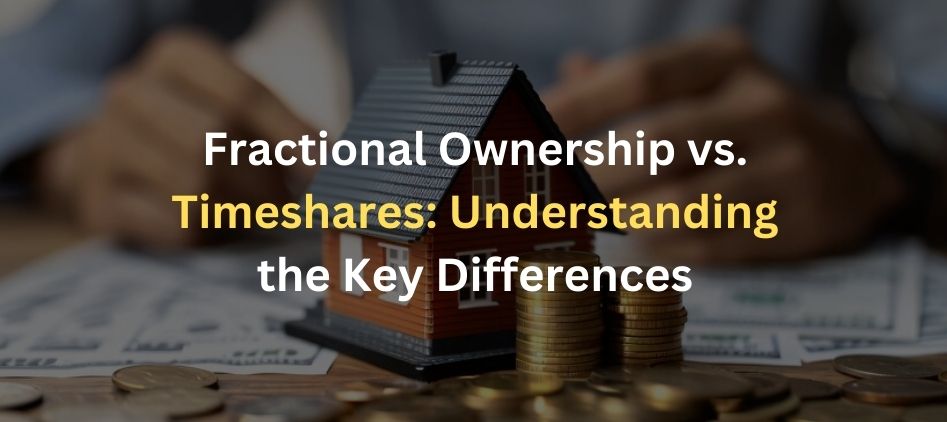Introduction
Investing in real estate has always been a lucrative way to build wealth. However, high property prices often make it difficult for beginners to enter the market. This is where fractional investment come in. It allows you to own a portion of a property without buying it entirely, making real estate investing more accessible.
In this beginner’s guide, we’ll explain what fractional investment is, how it works, its benefits, and how you can get started in India.
What Is Fractional Investment in Real Estate?
Fractional investment is a method where multiple investors pool their money to buy a property, each owning a fraction of it. Instead of purchasing an entire apartment or commercial space, you can invest a smaller amount and still earn returns through rental income or capital appreciation.
This model is gaining popularity in India, especially among young investors and those with limited capital. Platforms like QUBICC, Strata, PropertyShare, and hBits facilitate fractional real estate investments, making it easier for individuals to diversify their portfolios.
How Does Fractional Investment Work?
1. Selection of Property
A real estate asset (residential, commercial, or retail) is chosen by an investment platform or a group of investors. The property is thoroughly analyzed for its growth potential, location, and rental yield.
2. Fractional Ownership Structure
The property is divided into smaller shares, and investors can buy a portion based on their budget. For example, if a property costs ₹1 crore, you could invest ₹5 lakhs to own 5% of it.
3. Legal Ownership & Documentation
Investors receive legal ownership through a Special Purpose Vehicle (SPV) or a Real Estate Investment Trust (REIT). This ensures transparency and protects investors’ rights.
4. Rental Income & Capital Appreciation
Rental Income: If the property is leased, profits are distributed among investors based on their ownership percentage.
Capital Gains: When the property appreciates in value, investors can sell their shares for a profit.
5. Exit Strategy
Fractional investments usually have a lock-in period (3-5 years). After this, investors can sell their shares on secondary markets or wait for a buyback by the platform.
Benefits of Fractional Real Estate Investment
1. Lower Entry Barrier
You don’t need lakhs or crores to invest—fractional ownership allows you to start with as little as ₹300,000-₹500,000.
2. Diversification
Instead of putting all your money into one property, you can invest in multiple assets across different locations.
3. Passive Income
Earn regular rental income without the hassle of property management.
4. Professional Management
The investment platform handles maintenance, tenant management, and legal compliance.
5. Liquidity (Compared to Traditional Real Estate)
While real estate is generally illiquid, fractional shares can sometimes be traded on secondary markets.
Risks of Fractional Investment in Real Estate
1. Market Risks
Property values can fluctuate based on economic conditions.
2. Lock-in Periods
Exiting before the lock-in period may be difficult.
3. Platform Risk
If the fractional investment platform shuts down, recovering funds could be challenging.
4. Lower Control
Since you’re a partial owner, major decisions (like selling the property) require consensus.
How to Start Fractional Investing in India?
1. Choose a Reliable Platform
Research platforms like:
– Qubicc Hospitality investment & Fractional ownership in premium properties like commercial real estate , agro ventures & Resorts.)
– Strata (Commercial real estate)
– hBits (Fractional ownership in premium properties)
– PropertyShare (Residential & commercial assets)
2. Complete KYC & Due Diligence
Verify property details, legal documents, and past performance.
3. Invest & Monitor
Start with a small amount, track performance, and reinvest profits.
4. Plan Your Exit
Decide whether to hold for long-term appreciation or sell when the value increases.
Is Fractional Real Estate Investment Right for You?
✅ Yes, if:
– You want to invest in real estate with limited capital.
– You prefer passive income without property management hassles.
– You want portfolio diversification.
❌ No, if:
– You seek full control over the property.
– You need immediate liquidity.
Final Thoughts
Fractional investment is revolutionising real estate in India by making it affordable and accessible. With lower risks, passive income potential, and professional management, it’s an excellent option for new investors.
Before investing, research platforms, understand risks, and start small. As the market grows, fractional ownership could become a mainstream investment choice.
Ready to start? Explore fractional investment platforms today!
FAQs
Yes, it is legal and regulated under SEBI guidelines (for REITs) and property laws.
It varies, but some platforms allow investments as low as ₹300,000.
Rental income is taxed as per your income slab. Capital gains are taxed based on holding period (Short-term: <24 months, Long-term: 4 months).
Most platforms have a lock-in period (3-5 years), but some allow secondary market sales.
Major cities like Mumbai, Bangalore, Delhi, and Hyderabad have active fractional investment options.
#FractionalInvestment #RealEstateInvesting #PassiveIncome #InvestingForBeginners #IndiaRealEstate



